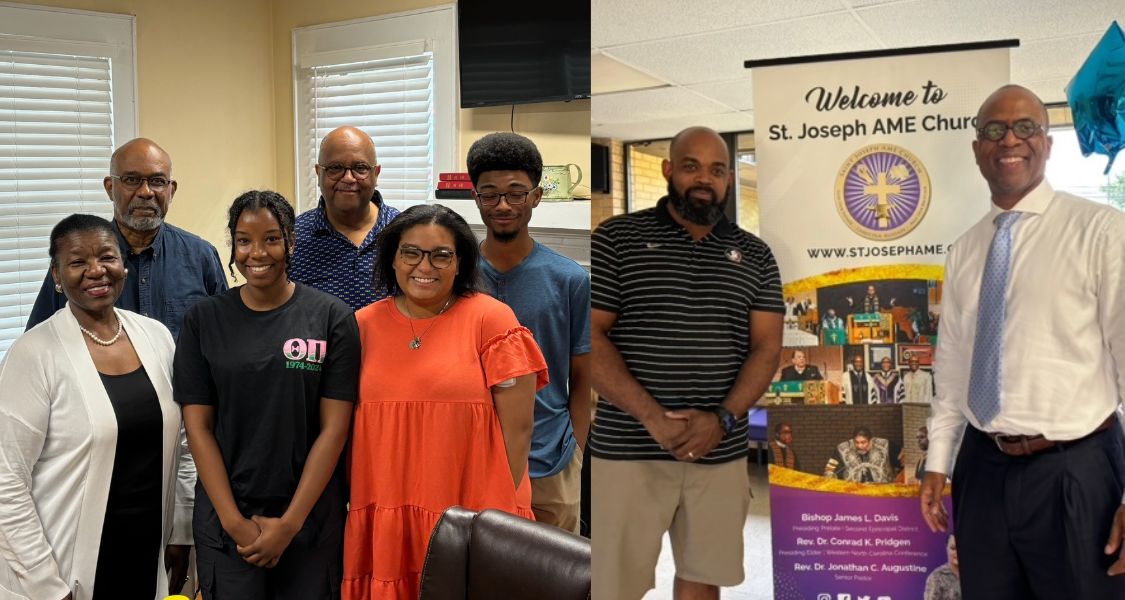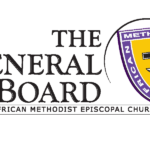Rev. Aaron M. Treadwell, PhD, Contributing Writer
Emancipation Day in North Carolina, January 1, 1865, witnessed a sociological shift in nearly half the state’s population. No longer bound to the dregs of chattel slavery, black independence begot an ethos for social development amongst its 360,000 freed persons, including a drive to establish greater institutional autonomy. One of the more prominent affiliations included membership in the African Methodist Episcopal Church, an institution that had already established itself as a fulcrum for black social-political reformation in nearby South Carolina circa 1816. Denmark Vesey and Morris Brown’s reform soon became institutionalized as the North Carolina Annual Conference of the AME Church in Wilmington, NC, 1868, the North Carolina Annual Conference in 1990, and Kittrell College in 1886. The establishment of these institutional reforms must be identified in the state’s history books as a mass movement of black social autonomy and theological expression.
A surviving action of 19th-century AME reformation includes planting institutional bodies, and many of these edifices still stand. Black Church buildings often represented public defiance against the theological and social restrictions of yesteryear, including the restrictive state black codes against religion. They mandated that “it shall not be lawful under any pretense [sic] for any slave, or free person of colour to preach or exhort in public or in any manner to officiate as a preacher or teacher in any prayer meeting, or other association for worship where slaves of different families are collected together.”
A research trip to the “Tar Heel State” exposed that many of the handsome edifices built by AME 19th-century reformers remain. These congregations include leaders seeking to advance the theological, social, and political responsibility of the connection’s origin. One of those congregations includes the St. Paul AME Church in Chapel Hill. Situated on the edge of the state’s flagship institution, St. Paul’s congregation includes published academics, school principals, active college students, and a pastor who has a keen interest in advancing the needs of its community. The Reverend Dr. Michael A. Cousin, Pastor of St. Paul, noted that St. Paul is a congregation comfortable emphasizing non-normative methods of engaging all people. Dr. Reginald F. Hildebrand, a proud member of St. Paul and author of The Times Were Strange and Stirring: Methodist Preachers and the Crisis of Emancipation, also emphasized the congregation’s ability to provide theological and physical refuge in the face of racial caste oppression.
Another leading congregation in the state’s social reform movement is the St. Joseph AME Church, Durham, pastored by Reverend Dr. Jonathan C. Augustine. Dr. Augustine described his ministry as inspired by the social tenets of Richard Allen and James Cone. Voting drives, public protests, and public policy forums all accompany St. Joseph’s mission in the Vineyard of the North Carolina AME Church.





